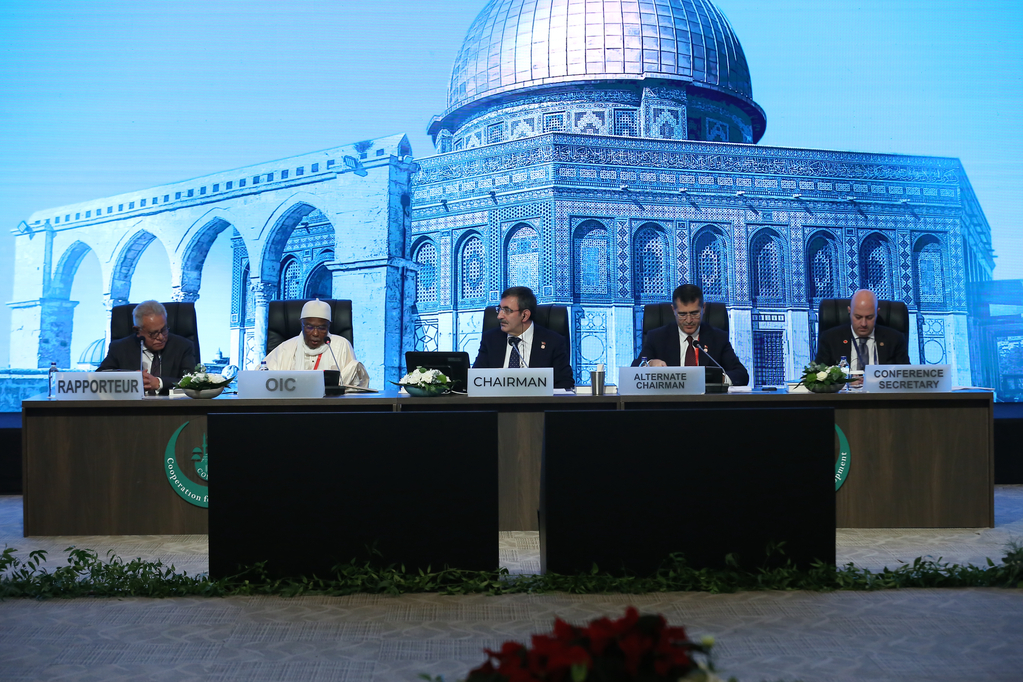Middle East countries are expected to invest nearly $700 million (Dh2.57 billion) in Malaysia’s eastern region, especially in halal food, a Malaysian official has said.
“There has been a lot of keen interest from the Middle East on ECER [East Coast Economic Region] Malaysia, especially in the areas of halal cuisine, tourism and agriculture, particularly livestock and fisheries,” Dato Jebasingam Issace John, ECER Development Council CEO, said yesterday in Abu Dhabi during a visit.
ECER, Issace said in a statement, a copy of which was sent to Gulf News, is confident of attracting more investments from Gulf Cooperation Council (GCC) countries this year. The council aims to attract 5 billion ringgit (Dh6.03 billion) of investments to ECER Malaysia each year, of which 2 billion ringgit are expected to come from the Middle East.
“In fact, we are now in serious discussions with several potential investors from the Middle East and we expect to announce positive developments by this year,” Issace said on the sidelines of the meeting to launch the Invest Malaysia 2011 report.
Act of Parliament
ECER Malaysia covers the states of Kelantan, Terengganu, Pahang and the district of Mersing in Johor. The council was established in 2008 by a Parliamentary Act to carry out development projects.
“With its strategic location facing the South China Sea, a presence in the ECER Malaysia means that Middle Eastern investors will have instant access to the vast, burgeoning markets of the Far East and the Asia Pacific, with a total population of 4 billion and a combined gross domestic product of $17 trillion,” Issace said.
“The region is also blessed with rich natural resources, such as oil and gas, pristine beaches and abundant land suitable for agriculture. With these inherent natural assets, ECER Malaysia is offering vast opportunities to the Middle East investor, especially in resource-based industries,” he added.
Between 2007 and 2010, ECER attracted 36.5 billion ringgit worth of investments, of which 158 projects worth 15.3 billion ringgit have already created 17,500 new jobs.
In a previous interview with Gulf News, Malaysian prime minister Dato Sri Mohammad Najeeb Abdul Razzaq Hussain said his country can offer companies interested in halal food ‘JAKIM’ certification accepted worldwide.
“Once you have the JAKIM, then you have the potential to develop or exploit the halal food market, which I believe globally is in the $2 trillion range.” -By Jumana Al Tamimi



